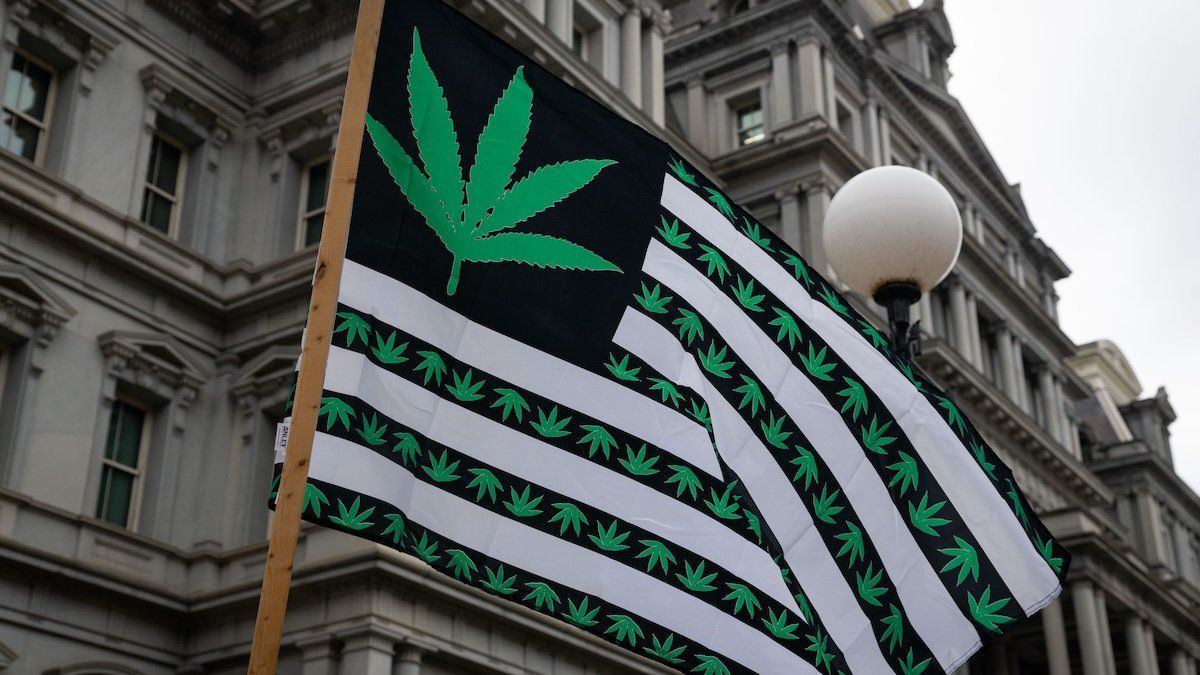The Biden administration says it’s high time to reclassify marijuana as a less dangerous drug, and it wants to knock it from Schedule I to Schedule III — meaning it would no longer be grouped with heroin and LSD.
Schedule I drugs are considered those with “no currently accepted medical use and a high potential for abuse,” while Schedule III are defined as drugs “with a moderate to low potential for physical and psychological dependence.”
Reclassifying marijuana won’t legalize it at the federal level, but it would mean that the US government recognizes the potential medical benefits of cannabis for the first time. This could boost access to medical marijuana, make legal weed businesses eligible for tax breaks, and open the door for more research on pot.
The Office of Management and Budget still has to review the move, among other steps, before it becomes a reality. But once finalized, it could help boost President Joe Biden’s approval rating. Polling shows that a majority of Americans, particularly young Americans, support legalizing marijuana. As things stand, 24 states and Washington, DC, have already legalized recreational marijuana.